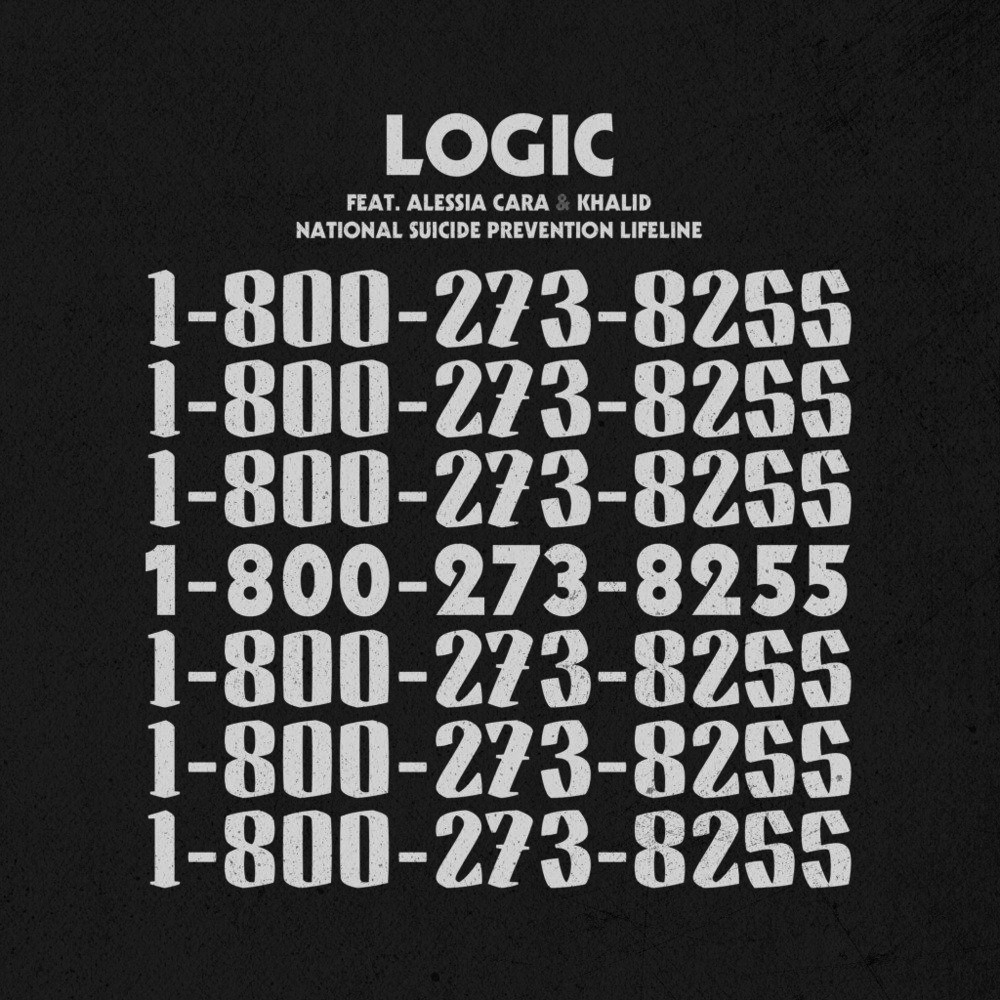Music has brought solace to many. There is no question that one can be moved to the precipice of psychological and mental conditions by just one song. We’ve all been touched by a song when we are low or high. Unfortunately, with every gleeful ascendance to the high, there is a hapless plummet to depression, anxiety and many more conditions that, if left untreated, would be detrimental to each person’s prospects. Today, it is approximated that 1 in 5 US adults (43.8 million or 18.5%) have experienced mental illness in a year. 1 in 25 adults in the US (9.8 million or 4%) admit that mental illness has significantly interfered with one or more major life activities. Finally, 1 in 5 youth between the ages of 13-18 are approximated to experience a severe mental disorder at some point in their maturation.
Meanwhile, in the background, the hash hitting kicks, rattling hi-hats and piercing lyrics resonate. These are characteristics of a beastly child that the conditions within the US have created. A progeny, built from suffering and perseverance in the pursuit of happiness.
“I’m on the pursuit of happiness, and I know. Everything that shine ain’t always gonna be gold. Hey, I’ll be fine once I get it. I’ll be good.” -Kid Cudi, Pursuit of Happiness,2009.
“Reckless and young and my, my mom’s calling. Think I should hit decline. I’m numb faced while I’m thinking ‘bout suicide.” – Kid Cudi, Don’t play this song. 2010.
In the space of one year, Kid Cudi went from speaking out about his existential struggle within America to contemplating suicide. This transformation outlines the numerous cases that continue to go on, unreported and hidden from the public eye. Even more so, hip-hop has historically reflected the Black community’s stigmatization and silencing on the topic. The culture’s heavy reliance on unhealthy coping mechanisms like: sex, alcohol, drug usage and material gratification are indications of an underlying problem that requires an obstreperous revolt from the current practices.
Like many other disciplines, Hip-Hop is in the business of saving lives. This principle has been forgotten, with growing racial disparities in education and quality of living, hence the production of musicians who are detrimental to the original project of spreading knowledge, rhythm and poetry.
Today, once you look past the profanity and gaze to the core there is a message of social justice and therapy. Hip-Hop has always been therapy for the black community. According to the National Alliance on Mental illness, Black Americans are 20% more at risk
of serious mental illness than other racial groups and are 50% less likely to use mental health services when compared to white or Asian Americans.
So how do you stay sane? Especially if you are black. You seek out the closest panacea you can get. Surprisingly enough, music is always at the top of this list. We all do this inadvertently. This subconscious choice speaks to the relieving power of music.
Thanks to artists like Kid Cudi, Logic, Kendrick Lamar, XXXTENTACION, Biggie Smalls, Joyner Lucas and much more that I would love to mention. These revolutionaries have voiced their struggles to attain mental health. Song’s such as Lil Uzi Vert’s XO TOUR LIFE and Logic’s 1-800-273-8255 have normalized the sensation of being low, whether it is ourselves or others. As I am writing this, these 2 songs collectively have 85 million views on YouTube and much more on other platforms.
Considering the dark topic, I feel morally obliged to share the good news. A CNN reported, the National Suicide Prevention Lifeline received 50% more calls following Logic’s performance of 1-800-273-8255 at the VMAs.
I acknowledge that hip-hop and rap have shown instances of misogyny, unhealthy practices and reinforcement of harmful stereotypes. But there is gold at its core, it is up to us to dig for it.
Listening suggestions:



